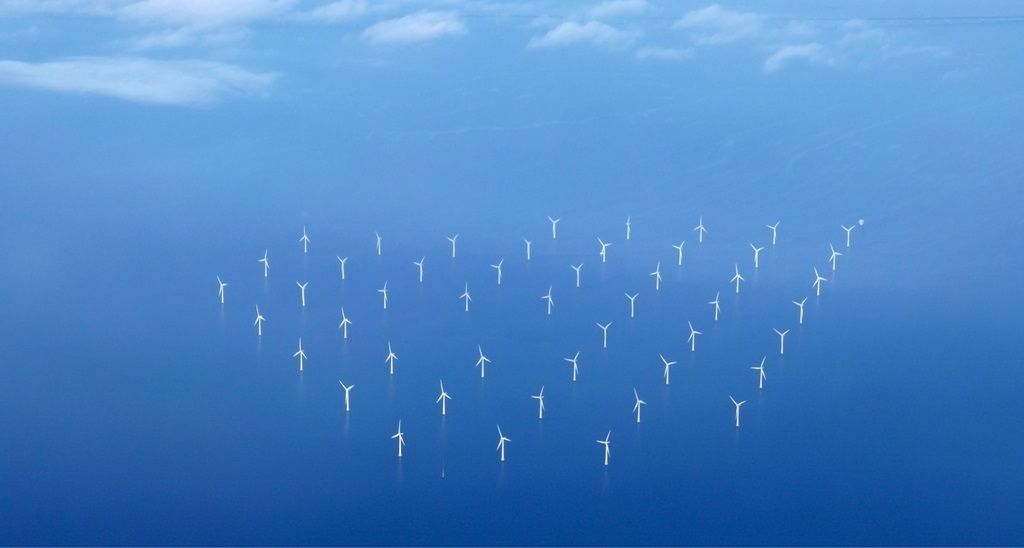Transition to a low carbon economy is possible
As part of its Climate Impact Pledge, launched in November 2016, LGIM has engaged with 84 of the world’s largest companies that are pivotal in meeting the 2°C target set in the Paris Agreement, ranked them against 50 indicators, and picked out the worst culprits.
Meryam Omi, head of sustainability and responsible investment strategy at LGIM (pictured), said: “Divestment is a consequence but it is not the aim. We want to show that the transition to a low-carbon economy is possible and work with companies towards this goal.”
China Construction Bank
LGIM identified China Construction Bank as a laggard when it came to transparency.
It said while the world’s largest funder of coal mining and plants has increased its lending to green projects, it has failed to disclose the total greenhouse gas emissions associated with its business.
By contrast, LGIM noted a number of leaders on transparency, including Norwegian energy company Statoil, which has been reporting its total emissions since 2014, and Bank of America Merrill Lynch which has been publishing the carbon intensity of its US utility portfolio since at least 2012.
Meanwhile, BNP Paribas, the biggest listed bank in France, discloses the carbon content of the power plants it finances, LGIM said.
Rosneft Oil
LGIM has flagged Russia’s Rosneft Oil as a laggard regarding its statement on climate change.
It said the Moscow-headquartered energy company, which specialises in exploration, extraction and production of petroleum and natural gas, has produced a sustainability report which fails to mention “climate change” anywhere in its 144 pages.
“For investors, this provides little reassurance that the company is planning for a world that must use less of its main product,” LGIM said.
Nestle, on the other hand, was cited as a leader when it came to its statement on climate change for its target to reduced greenhouse gases by 2020 in line with the Paris Agreement.
CK Infrastructure Holdings
LGIM voted against the reappointment of the chairman at CK Infrastructure Holdings over shortcomings regarding board governance.
The firm said: “We considered the company lacked sufficient levels of independence on the board, and its directors served in too many external roles.”
On the other hand, LGIM highlighted BHP Billiton as a leader in this area and said it supported the recruitment of a new chairman of the board because, unusually, the company has publicly discussed “the growing regulatory and societal pressures” that are making coal unattractive.
Southern Company
Southern Company is the second-largest utility in the US, but LGIM has criticised the Atlanta-based firm’s approach to public policy after it opposed emission standards and climate legislation in the US.
Last year, the firm’s chairman and CEO Tom Fanning told CNBC while he did not deny climate change was occurring, he did not see carbon dioxide as the main contributor.
The firm’s website says: “Southern Company is committed to a leadership role in finding solutions that make technological, environmental and economic sense.
“The focus of our efforts is on developing and deploying technologies that reduce greenhouse gases while making sure that energy remains reliable and affordable.”
Meanwhile, Spanish utility Iberdrola, one of the largest electricity companies in the world, was praised for its public policy. LGIM said the firm has called for ambitious EU emissions reductions and lobbied for the EU to raise its carbon price, a reform that is now underway.
“By going from being mostly fossil fuel-powered to having 60% renewable generation capacity in less than a decade, Iberdrola is ‘walking the walk’. It is also talking the talk, being ranked as a True Climate Policy Leader by InfluenceMap, our data provider for this category,” LGIM said.
The silent majority
LGIM noted a ‘silent majority’ for failing to have an adequate business strategy in place to address climate change.
According to its analysis, more companies scored better on individual criteria relating to climate risks and opportunities, highlighting a need to join these up into a “coherent picture”.
“This is precisely the role of scenario analysis, which increasing numbers of shareholders and regulators are beginning to demand globally,” it said.
LGIM said firms making positive moves on their climate-related business strategy include oil and gas major Total, which will put a climate compliant 2°C scenario at the heart of its strategy, and BHP Billiton, which has disclosed the earnings impact of various climate scenarios across the different sectors where it operates.







